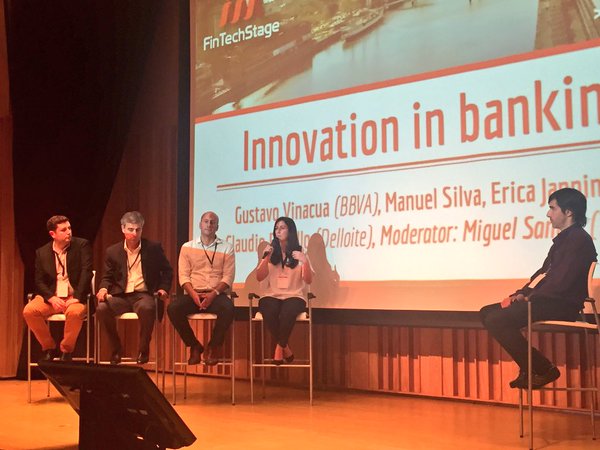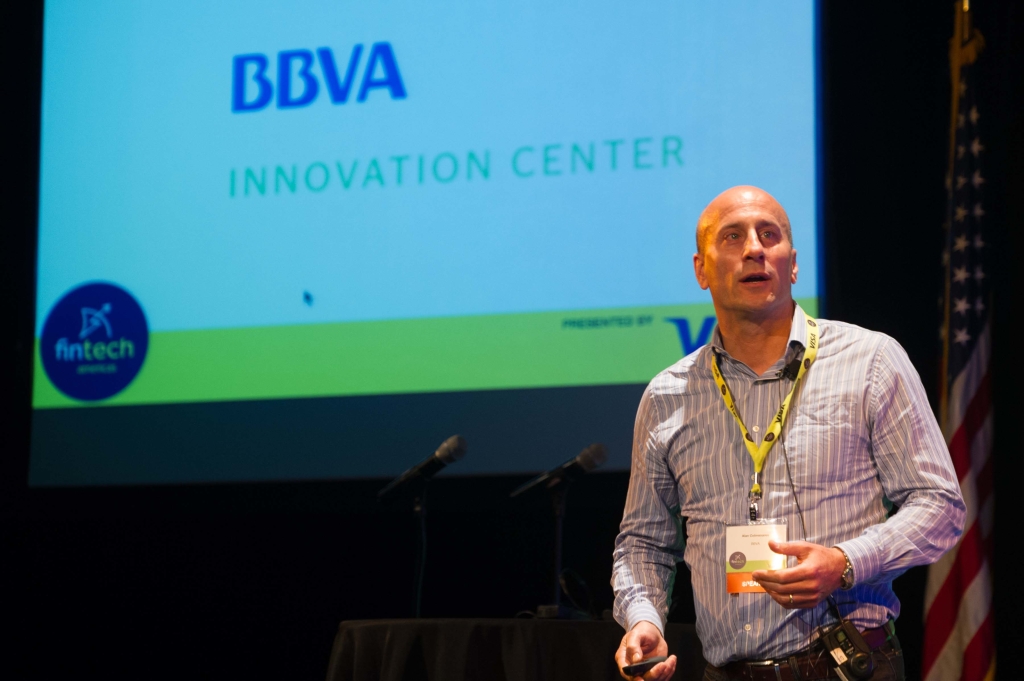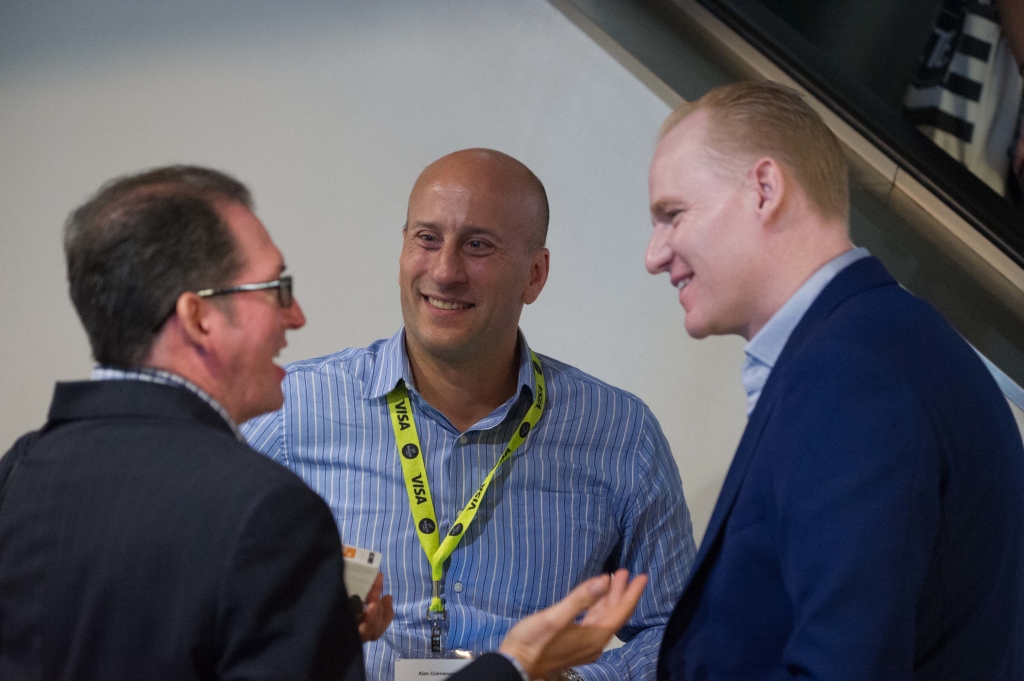Digital Innovation in Latin America
Note: After a great comment from a reader (see below), I’ve re-written (or added some ideas) to this post. Thanks to one and all who push me to improve the quality of what I communicate in this blog!
As I’ve written previously, I define digital innovation as the ability to create innovative new business model enabled by new digital tools. When I think of the state of digital innovation in Latin America, the first thing that comes to mind is untapped opportunities.
The big question is whether some of these untapped opportunities will be taken advantage of by startups, by big companies or both (e.g., acquisitions, etc.). The reality is that, with a plethora of new digital tools available, anywhere there are complex problems, there are usually new ways to solve these. What’s required are talented entrepreneurs passionate about treading untrodden territory.
There are few people who would debate the fact that we’re living in a time of great change. Nonetheless, what is debatable, is how quickly things will change. I’m of the opinion that the rate of change has reached an inflection point and the changes that we’ll see in the next 10 years will be far greater than what we’ve seen in the past 40. Time will tell if this is a bunch of hyperbole and the fact of the matter is that I don’t think that all of these changes will be for the better as there a lot of areas that are on shaky ground (e.g., national economies, natural resources and political environments).
When I think of Latin America and digital innovation in this region, I feel there are tremendous opportunities. One of the reasons that I feel this way is that there’s never been a better time to solve tough problems and Latin America has some of the toughest. From large portions of the populations without basic services (e.g., financial, energy, etc.) to a growing middle-class with expectations commensurate with the first world, but living in a much more complex reality, the rewards to those who can solve these problems are more than worth the effort.
As an example, some friends of mine cofounded a real estate listings startup called VivaReal a number of years ago. Though they founded the company in Colombia, after a number of rounds and more than $70M in funding, they have focused exclusively on Brazil. Because Latin America does not create a centralized listing service such as MLS in the United States, it’s a lot tougher to build such a company from scratch. Nonetheless, the flip side is that once your company is positioned as the leader in the space (such as they are in Brazil) the rewards are greater. For instance, a similar company in Australia, is now worth around $7B because, as Warren Buffet likes to put it, they built a business with a large moat around it.
This is just one example. As you can imagine, there are a wealth of other opporutnities waiting to be mined. Though there are more examples such as VivaReal including one of the startups that I advise called Tappsi (recently acquired by Easy Taxi), there are many more problems to be solved than solid entreprenuers solving them. There are a number of reasons for this including a dearth of investment capital in the region, lots of red tape and government bureaucracies, etc. The aforementioned obstacles are not insurmountable, but the fact remains that there is a dearth of solid entreprenuers willing to slog it out and build incredibly valuable startups in the region.
Though many are trying build local startup ecosystems and nurture budding entreprenuers, the void to be filled is so large that there are opportunities for other options. Company builders such as Quasar Ventures and Rocket Internet are confident that they can identify opportunites and staff new companies to solve regional problems. The company builder model has had successes, but there are obstacles unique to this model that have been explained at length elsewhere.
 Lately, as BBVA’s Latam Ecoystem Builder, I’ve had the opportunity to speak at a number of events in various cities (e.g., Miami, Aruba, Madrid, etc.) about, what I call, Digital Innovation. Speaking at these events (such as Fintech Americas Miami in photo above) is a great way to network and connect with great people within the Latin American startup ecosystem (e.g., entrepreneurs, investors, etc.) and get a better sense about the amount of solid entrepreprenuers working on interesting problems in the region compared to the still large number of untapped opportunities.
Lately, as BBVA’s Latam Ecoystem Builder, I’ve had the opportunity to speak at a number of events in various cities (e.g., Miami, Aruba, Madrid, etc.) about, what I call, Digital Innovation. Speaking at these events (such as Fintech Americas Miami in photo above) is a great way to network and connect with great people within the Latin American startup ecosystem (e.g., entrepreneurs, investors, etc.) and get a better sense about the amount of solid entrepreprenuers working on interesting problems in the region compared to the still large number of untapped opportunities.
On these trips across Latin America and Spain, I’ve had the opportunity to share my learnings from my substantial falures as an entreprenuer.  Internally, I’ve been trying to do my bit in helping employees get experience with the incredible challenges that entreprenuers face by running Lean Startup workshops.
Internally, I’ve been trying to do my bit in helping employees get experience with the incredible challenges that entreprenuers face by running Lean Startup workshops.
One of the countries that I’ve been traveling to quite a bit lately is Mexico. I’ll be there, once again, the first week of December. It’s a pretty exciting time there right now thanks to the increased startup activity as well as the increase in the number of Venture Capital funds there. A number of years ago, I was the Strategic Investment Manager for Intel Capital in Mexico and compared to that moment in time, the startup environment today is quite different. I hope to interview a number of important players in Mexico such as ComparaGuru, Lenddo and Paymentez among others (similar to the Startup Grind interviews that I’ve been doing). My plan is, also, to interview some international entrepreneurs and experts at BBVA’s new innovation center which we’ll be launching in a week.
 For many years, I had worked in tech companies such as Oracle, Intel and SAS Institute, which focus on these new digital tools. Nonetheless, it seems to me that things have evolved to the point where one company’s specific tools (e.g., databases, ERPs, etc.) are much less differentiated to a world where the differentiation is focused on how a company rethinks their business model. Whether it’s my own rationalization or the true reality, I’d like to think that the interesting work nowadays is in helping real companies (customers of technology) create new, innovative business models.
For many years, I had worked in tech companies such as Oracle, Intel and SAS Institute, which focus on these new digital tools. Nonetheless, it seems to me that things have evolved to the point where one company’s specific tools (e.g., databases, ERPs, etc.) are much less differentiated to a world where the differentiation is focused on how a company rethinks their business model. Whether it’s my own rationalization or the true reality, I’d like to think that the interesting work nowadays is in helping real companies (customers of technology) create new, innovative business models.
During a recent trip to Spain, I was able to get a better sense of the evolution of the Spanish startup ecosystem. Also, I was able to connect with a colleague that I had met a couple of years back who is about to launch a new €30M Venture Capital investment fund. I, also, connected with directors of accelerators, one of which mentioned a startup that is looking to expand into Latin America in the next few weeks.
Next week, I’ll be flying to Ecuador to judge some startups who have applied to the accelerator called 1776 (out of Washington DC). It will be interesting to get a sense of the startup ecosystem there. I’ll be flying to Mexico afterwards and then it’s on to Argentina.
I am a fan of Argentina because I have met a number of top notch startup CEOs from there and know that the biggest Latin American exits such as MercadoLibre (IPO’d) and Patagonia have come out of there. Moreover, companies such as OLX, Bumeran and Despegar, among others were founded there. Even though their economy has major challenges, I’ve always got my eye out for interesting Argentinean startup founders (I met a couple of great ones in Miami at Fintech Americas).
Though I’ve been living in Colombia and doing most of my activities, such as running the Founder Institute chapter here, I’ve always had a keen interest in analyzing the startup ecosystem throughout the Latin American region. Though it’s been tough on the family, I’m really happy that I’ve been on a type of Latin American road trip during the last few months.
I kind of started this whole road trip with the A Tech Conference in Aruba a few months back. After all of these trips, my impression continues to be the one that I expressed at the start of this post, which is that, compared to the opportunities of a region palgued with problems (opportunities to be solved), there are still not enough solid entreprenuers (I don’t qualify for membership in this select group). I am thoroughly impressed by the entreprenuers that the region posseses (e.g., those I advise, those I’ve interviewed and more). I only wish there were more of these to accelerate the transformation of the region.



Hi, I had the pleasure of reading this article, I was expecting to find details regarding Digital Innovation in Latin America (for some reason, don’t ask me why), but what I feel I read was basically your itinerary, after reading the Article I feel I gained no insights regarding Digital Innovation in Latin America.
I feel it reads a little bit like an advertisement, i.e “I this this”, “I did that”, but the content-to-advertisement ratio I felt was low.
I wonder if you could please rewrite this article, and add more insight regarding Digital Innovation in Latin America.
Please don’t feel I’m writing these words in order to offend you in any way, this is not my intention. I feel you have a lot of great content in you, and I’d like to read it all, but this particular piece felt more like a very long love letter to the writer, I’m not sure if people will find this content interesting once they get here.
The only reason I’d like the see change, is because I want the internet to be a better place.
Cheers.
Thanks for your comment. I really appreciate anyone who pushes me to do a better job. I’ve rewritten the post with more thoughts on what I really think is happening in terms of digital innovation in the region and whether it’s enough given the opportunities. Thanks for reading and comments, especially, “tough love”, are always welcome.
Great article Alan!
Thanks, man! I appreciate it!